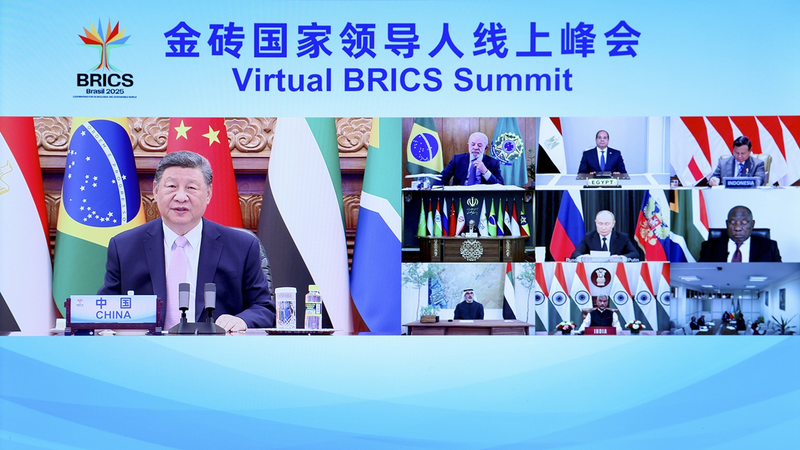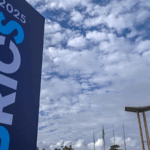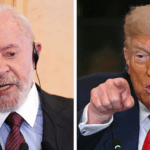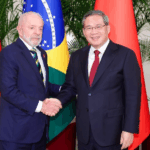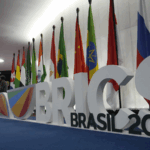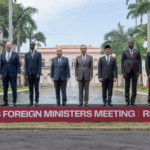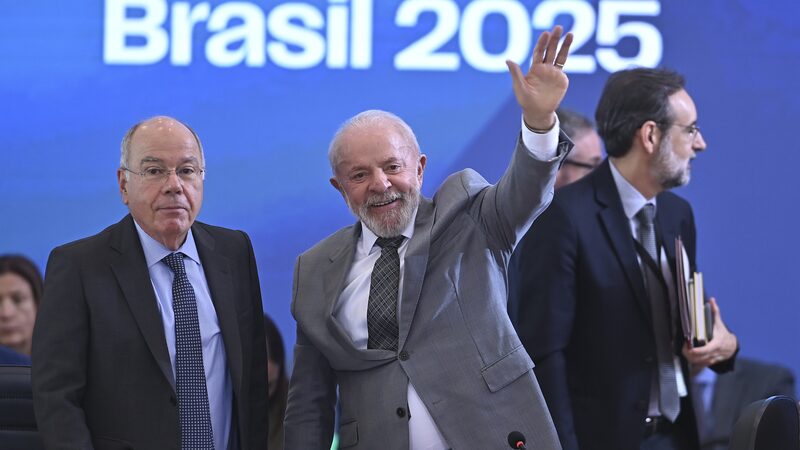In a bold move for global fairness, BRICS nations have united to reject trade bullying and push for a more equitable world order. 🌐 The virtual summit, hosted by Brazilian President Luiz Inácio Lula da Silva, saw leaders from Brazil, Russia, India, China, and South Africa denounce unilateral tariffs and economic coercion that threaten global supply chains.
Why it matters: With protectionism on the rise, this coalition—representing 30% of the world’s economy—is challenging outdated power dynamics. 💥 'The era of unilateral dominance is over,' declared leaders, advocating for inclusive governance where emerging economies co-create rules instead of just following them.
Chinese President Xi Jinping emphasized BRICS' role as a 'treasure trove' of resources and innovation, stating: 'We aim to join hands with developed nations as equal partners in shaping global solutions.' 🤝 The group also endorsed Xi’s Global Governance Initiative, which prioritizes collective action on climate change, public health crises, and economic instability.
Bigger picture: This isn’t just about economics—it’s a cultural shift. 🌱 BRICS’ model of cooperation across diverse political systems and cultures offers a blueprint for multipolar diplomacy, contrasting sharply with exclusionary alliances. As one analyst put it: 'The Global South isn’t waiting for permission to rewrite the rules.'
With plans to deepen tech collaboration and trade ties, BRICS is proving that mutual benefit beats zero-sum games. 🚀 Could this be the start of a new world order? Stay tuned.
Reference(s):
cgtn.com
